
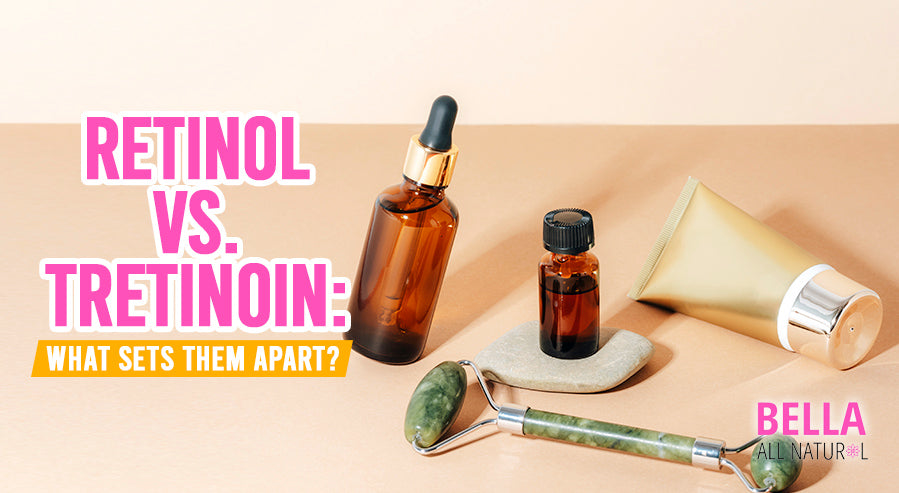
The world is made up of smaller parts, from the smallest stone to the largest animal; everything is made up of compounds, minerals, and nutrients that keep them functioning. While some things require more parts than others, almost all living things have the same basic ingredients that keep them alive. Additionally, some nutrients have been synthesized as a resource for enhancing health and appearance.
Human beings are among the most complex examples of living beings, and we require a large concentration of nutrients to stay healthy and keep certain aspects of our appearance youthful. Unfortunately, the number of compounds we need to accomplish these goals is vast enough that it is easy to get confused about what you should introduce to your body and what should be avoided. This confusion worsens when certain compounds claim to have the same benefits.
Two compounds that have become moderately confusing for skincare and healthcare purposes are retinol and tretinoin. Depending on your lifestyle and skincare habits, you might not be familiar with these substances, let alone their benefits. Understanding these compounds is essential to taking advantage of what they can offer; ignoring the details can affect your health.
The problem is that distinguishing between these substances becomes more difficult as time passes since they are rebranded and marketed under different names by different brands. Therefore, we must answer the main question: What sets retinol and tretinoin apart?
What is Retinol?
Despite the name, retinol is more common than you might realize and is readily available in various products. Retinol is a type of vitamin A, though this does not mean what many might assume. Like all vitamins, vitamin A is often perceived as a single entity providing certain nutrients and benefits to the human body.
The truth is that vitamin A is technically a family of vitamins and not a single compound. Vitamin A refers to a family of fat-soluble vitamins with different effects, benefits, and characteristics that make them valuable additions to your diet. Retinol is one type that falls under the vitamin A umbrella but is not the type of vitamin A we need to stay healthy.
The main type of vitamin A promotes healthy vision and the immune system, whereas retinol is primarily a cosmetic tool. Therefore, retinol is not an essential addition to our diets and is more of an added supplement with a niche benefit.
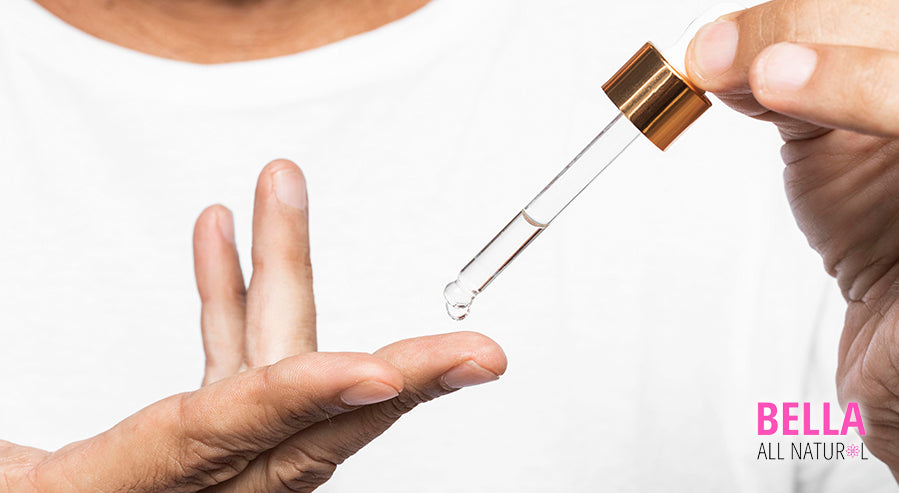
Like many supplements, retinol is available over the counter at most pharmacies and grocery stores. This is because there is little evidence suggesting that retinol presents any kind of threat to our overall health when used responsibly. However, there might be confusion about what benefits retinol offers that make it so popular in the skincare industry.
Figuring out what retinol offers before using it is important since no one wants to waste their time on an ineffective product. That said, understanding how retinol affects us can help distinguish it from similar compounds and help us decide which one to invest in.
What Are the Benefits of Retinol?
Retinol is primarily used in skincare products because it directly treats our skin's quality and health, making it a resource for people dealing with skin conditions. While retinol cannot correct major health issues, it can restore your skin's aesthetic and make it possible to cultivate your desired complexion. Retinol's benefits are primarily cosmetic since it is not active in human health, making it a valuable resource for people with chronic skin issues.
The interesting thing about retinol is that it is generally used in nighttime routines rather than early morning or midday skincare regimens. Retinol is used when your skin has multiple blemishes that show signs of aging or during particularly bad acne breakouts. Acne is one of the biggest skin blemishes in the world since it seems to follow us from puberty onwards.
Acne has multiple causes and can result from a genetic predisposition to oily skin, but most people have the same root issue: clogged pores. Our skin is not a flat surface and instead has several nearly imperceptible holes called pores. These pores allow body hair growth or are located near sweat glands. Either way, we need our pores, but their nature makes them susceptible to clogging.
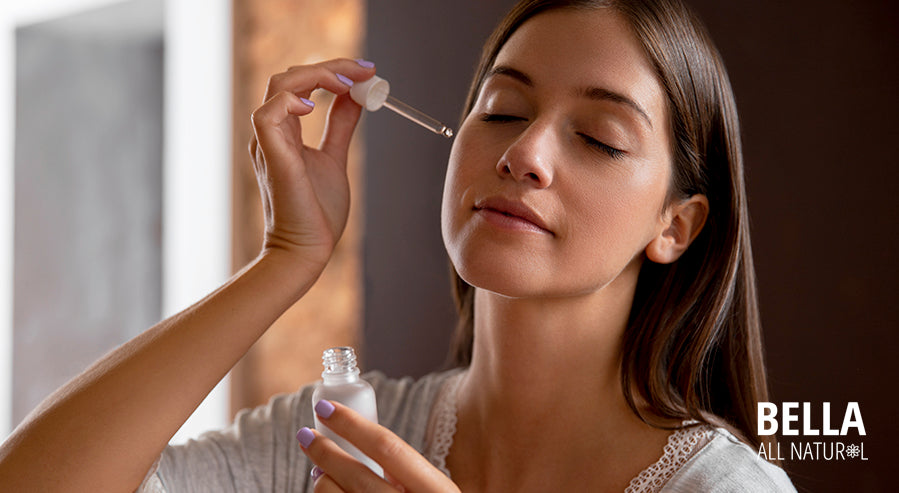
Dead skin cells, excess sebum, bacteria, and more can get trapped inside the pores and cause acne outbreaks. Fortunately, it appears that retinol can help with this issue and reduce the chances of a major outbreak. Specifically, retinol has been found to unclog pores and prevent irritation in pores that cause acne to form. Eliminating bacteria and dead skin cells prevents infections that generate whiteheads and other inflammatory acne types.
Retinol peels away the contaminants so the pores can heal, and your outbreaks are short-lived or prevented. Retinol treatments take this a step further by reducing inflammation and swelling, which is incredibly useful when dealing with severe outbreaks. Severe cases of acne are more likely to leave scars (some of which might never fade) that can further damage your appearance.
Retinol offers protection against scarring by reducing inflammation, though it is not 100% since some scars run too deep for retinol to heal. As you can see, retinol significantly protects your skin against acne, but it is not the only option. This brings us to the other resource used in skincare that claims to offer similar benefits.
What is Tretinoin?
Tretinoin is one of the lesser-known skincare products because it is harder to come by and not available for general purposes. Unlike retinol, tretinoin requires a prescription and is unavailable over the counter. As a result, those who have heard of tretinoin likely received a prescription from their dermatologist to address serious skin issues.
The fact that tretinoin is only available with a prescription makes it seem like it is a volatile substance prone to serious side effects. Shockingly, tretinoin is much simpler than all that and is actually another type of vitamin A. More accurately, tretinoin is a type of vitamin A that is only accessible via human intervention and completely absent in its natural form. Tretinoin results from synthesizing artificial vitamin A and is controlled by certain Food and Drug Administration (FDA) regulations to prevent abuse.
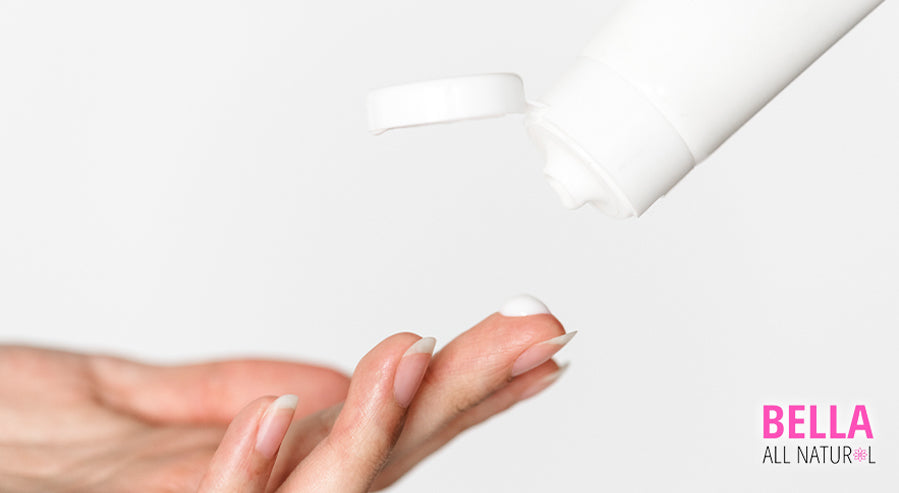
Like retinol, tretinoin is used in skincare and prescribed to patients with severe cases of otherwise mundane skin issues. Aside from these details, there is little to distinguish tretinoin outside of its status as synthetic vitamin A. Therefore, the only concern left to address is its skincare benefits.
What Are the Benefits of Tretinoin?
Tretinoin is another type of vitamin A (albeit synthetic) and is remarkably similar to retinol insofar as composition and function are concerned. Because of the similarities between retinol and tretinoin, the latter is often prescribed when retinol fails to fix people's issues. Essentially, severe cases of skin blemishes like acne are usually too much for retinol to handle, making it necessary to use something stronger.
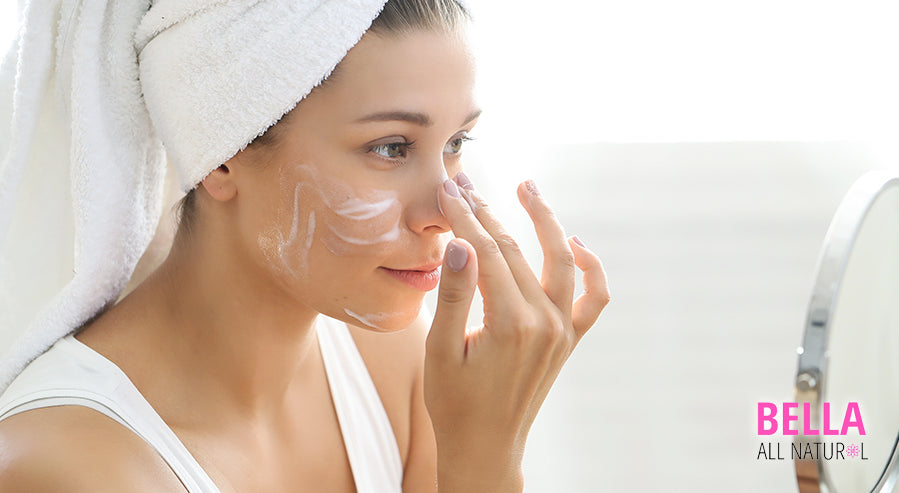
Tretinoin is an excellent substitute since it contains higher concentrations of the compounds present in retinol. As a result, the benefits offered by tretinoin are virtually identical to those offered by retinol. A review in 2017 determined that tretinoin is effective in combatting inflammatory and non-inflammatory acne outbreaks. The former is a result of tretinoin possessing anti-inflammatory characteristics that allow it to reduce injuries.
As a result, tretinoin can reduce acne outbreaks by unclogging pores and reduce the prevalence of acne scars by reducing inflammation. Overall, tretinoin is just a stronger version of retinol with little to distinguish it beyond its origins. At least, that is how it looks on the surface. Other aspects of tretinoin use make it a distinct substance. Unfortunately, none of these details make it more attractive than retinol as a skincare product. This brings us to the reason you are reading this article.
The Differences Between Retinol and Tretinoin
The main difference between these 2 substances is that retinol is a natural form of vitamin A, whereas tretinoin is a synthetic version. Some are averse to synthetic alternatives of natural compounds because they view them as dangerous or are concerned about side effects. The good news is that tretinoin is considered safe if you follow prescription guidelines. The bad news is that the differences between these 2 variants go beyond production methods and affect their impact on your body.
The main difference people are concerned about is that retinol is inherently weaker than tretinoin. This is not to say that retinol is ineffective or that tretinoin should be your first resort, but that it has a stronger composition. Unfortunately, that extra power comes with certain drawbacks that make using tretinoin risky if you have sensitive skin.
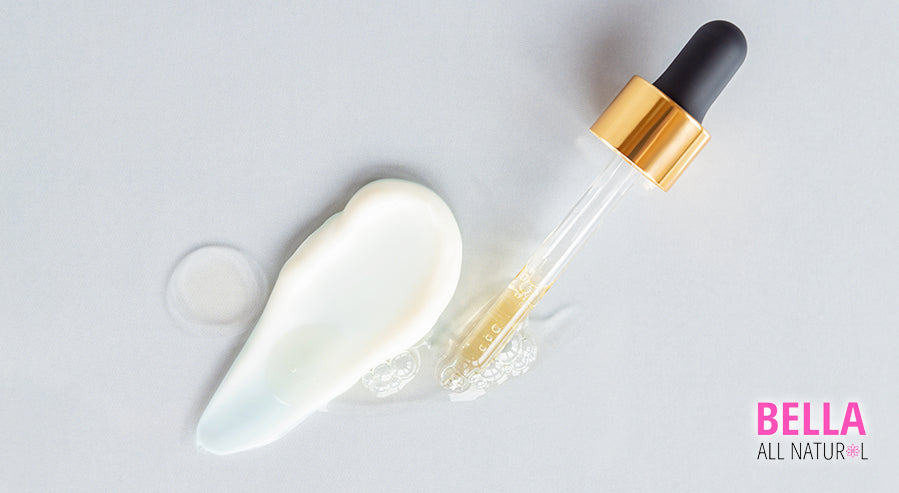
Retinol's main advantage over tretinoin is that it is milder and less irritating to our skin, making it a viable option for people with sensitive skin. Conversely, tretinoin is more effective at dealing with severe cases of acne or other skin blemishes but is harsher on the skin. As a result, using tretinoin on sensitive skin could cause more damage instead of repairing what is already there. The harsher nature of tretinoin is why you need a prescription before you can access it and use it to treat acne or any other skin condition.
Using it without approval from a dermatologist could cause damage to your skin and irritate it worse than the condition you set out to treat. Aside from these major differences, retinol and tretinoin are very similar and can be used interchangeably if your condition merits the extra firepower.
Despite the benefits of retinol and tretinoin for skincare, there are concerns that neither substance is a reliable choice. Some worry that retinol is too weak, while others worry that tretinoin is too strong. Fortunately, an alternative offers improvements for acne and other skin concerns.
Consider Aloe vera Instead
Aloe vera is not a substance that is essential to the human body, but it does offer significant benefits for skincare. While most associate it with treating sunburns, it can provide benefits to help you overcome acne outbreaks. Aloe vera gel addresses the 3 main causes of acne and can treat existing outbreaks while minimizing the risk of subsequent ones.
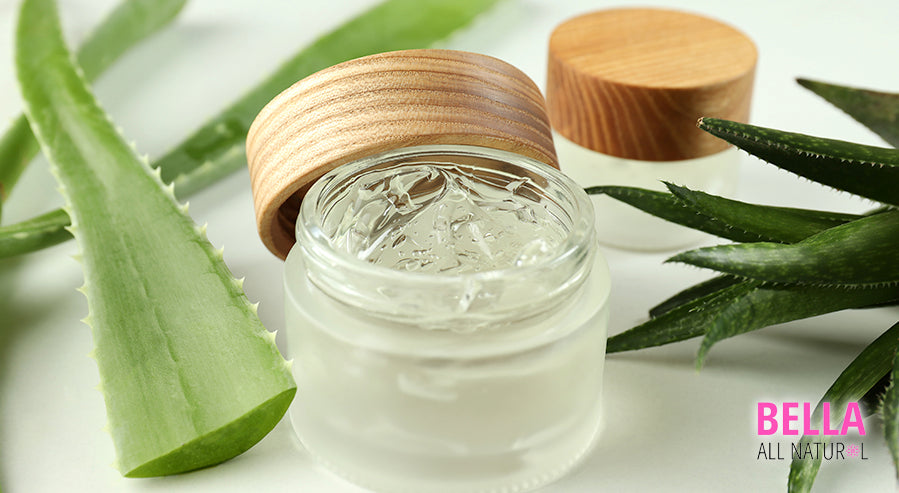
The 3 characteristics of Aloe vera that make it viable as an acne treatment are that it is:
- Antibacterial: Aloe vera can neutralize and eliminate bacteria that infest the pores and cause infection. Acne is less likely to manifest without these infections, and existing colonies can be eliminated.
- An Antioxidant: Aloe vera protects against damage caused by free radicals that damage the cells. This damage can irritate the skin and cause acne as a result, but Aloe vera prevents this type of damage and gives the cells time to heal.
- Anti-Inflammatory: Aloe vera treats inflammation and reduces swelling and redness (just like retinol and tretinoin). As a result, certain types of acne are reduced, and recurrent outbreaks are less likely.
The best part about Aloe vera is that it is made from a natural plant and is easy on the skin, making it viable for sensitive skin. The biggest challenge is finding a vendor to provide an Aloe vera skincare product without added ingredients.
Keep it All Natural!
Retinol and tretinoin are both valuable tools in the battle against acne and other skin conditions, but they are not ideal for everyone. Retinol can be too weak to offer real change, whereas tretinoin can be too strong, and its synthetic nature can be off-putting. Vitamin C can be a reliable alternative that is both natural and easy on sensitive skin. The trouble is finding a vitamin C serum from a vendor that specializes in natural substances.
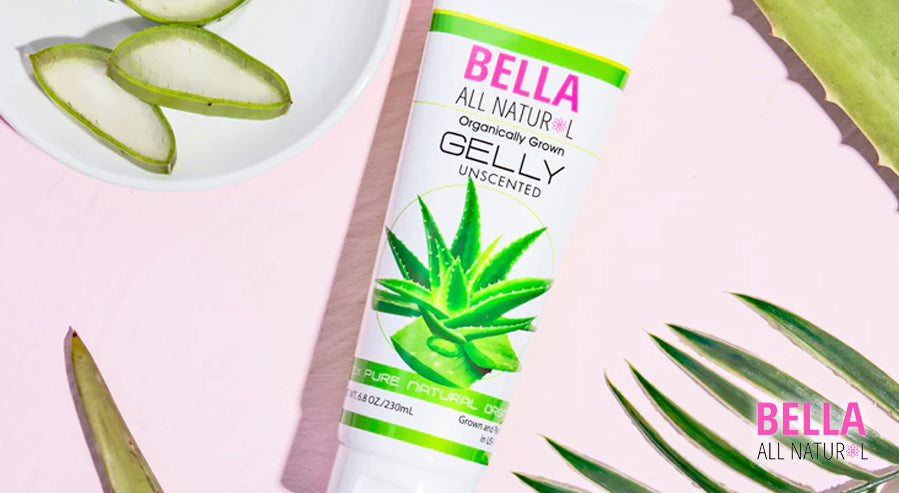
We at Bella All Natural have always believed that natural compounds are best for treating cosmetic and health issues. That is why we have created an entire catalog of natural health and beauty supplements. One of our main products is our Aloe vera Gelly, which provides all the skincare benefits of Aloe vera without added ingredients. We encourage you to visit our website and try our product, but whatever you decide, remember always to keep it All Natural!



